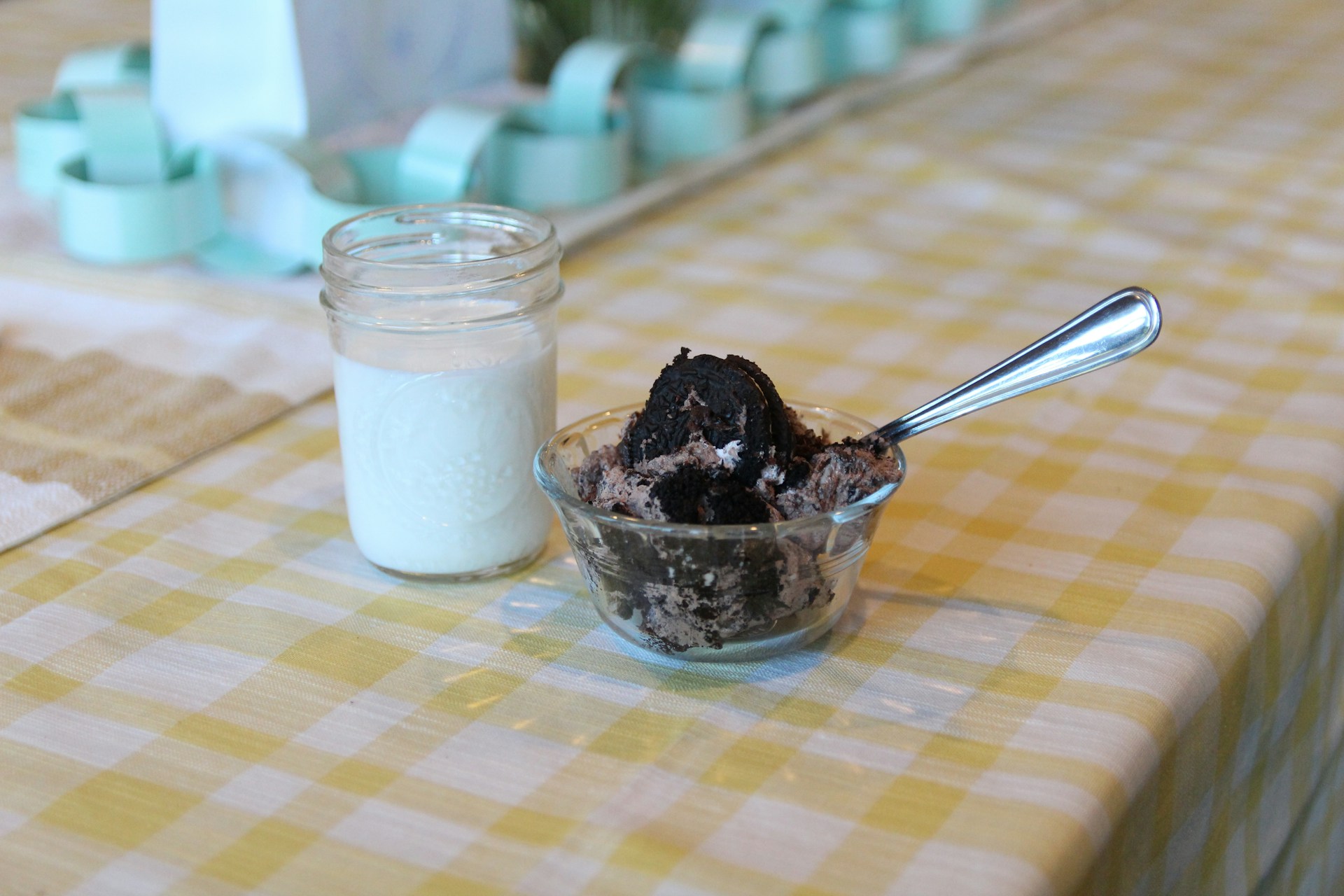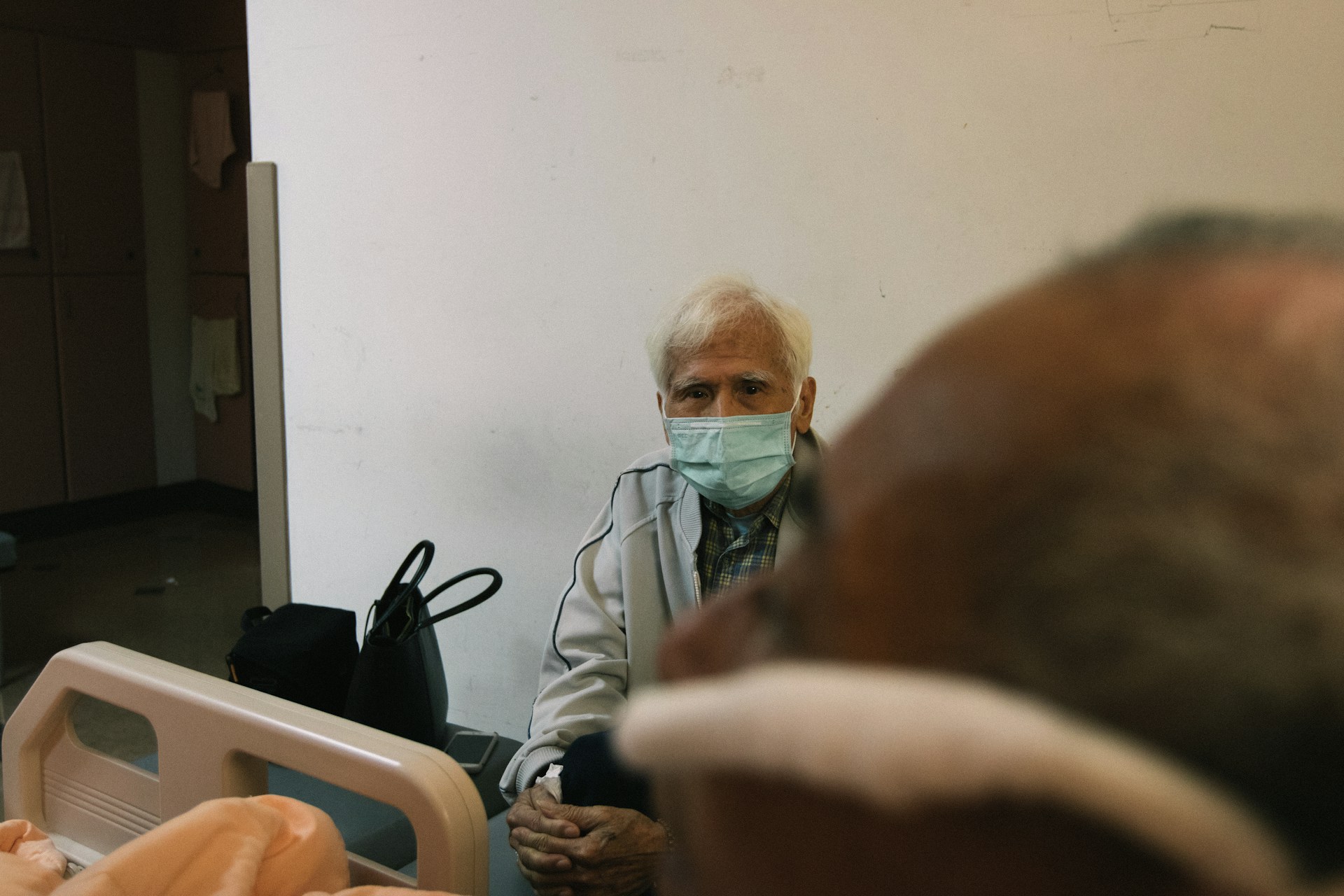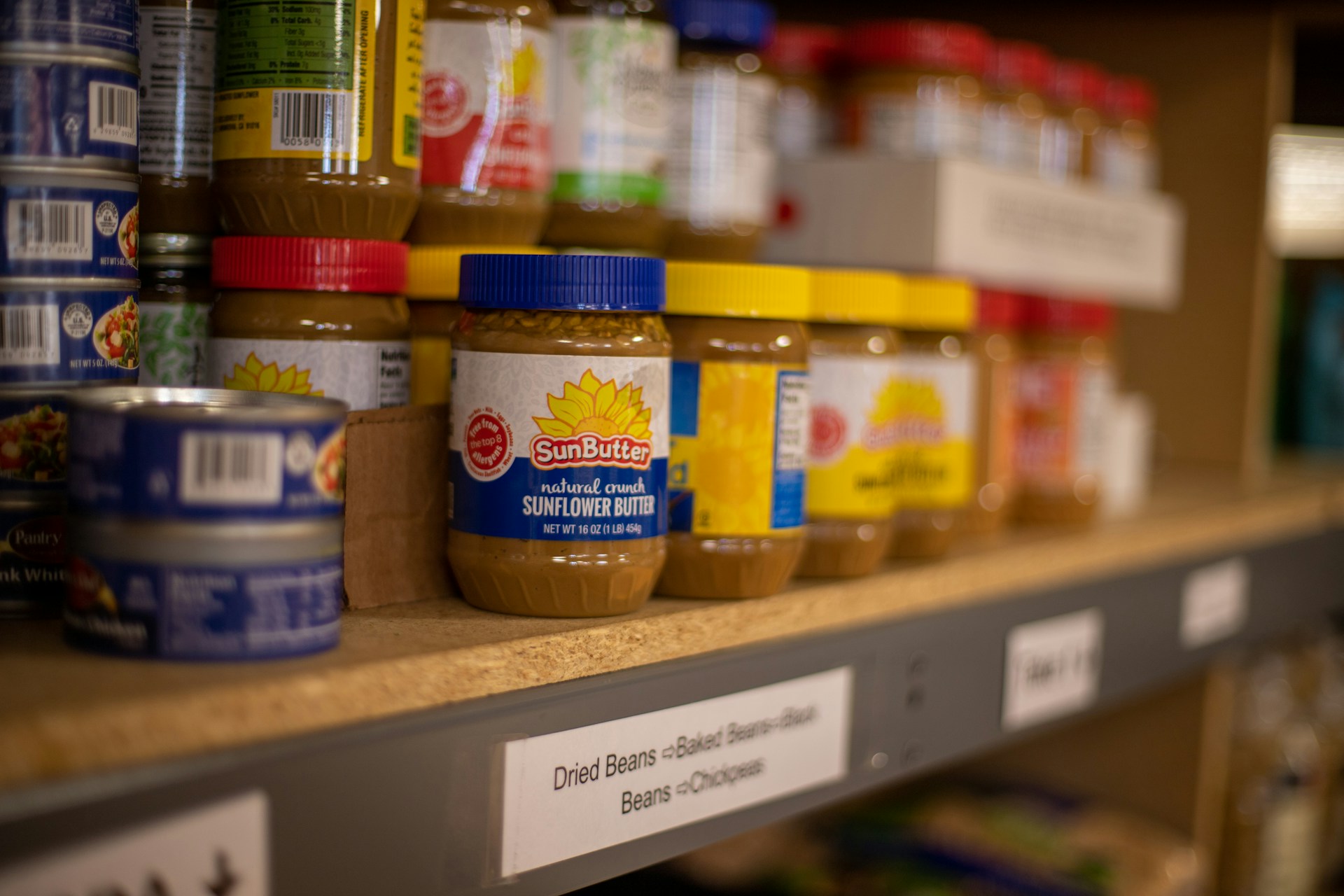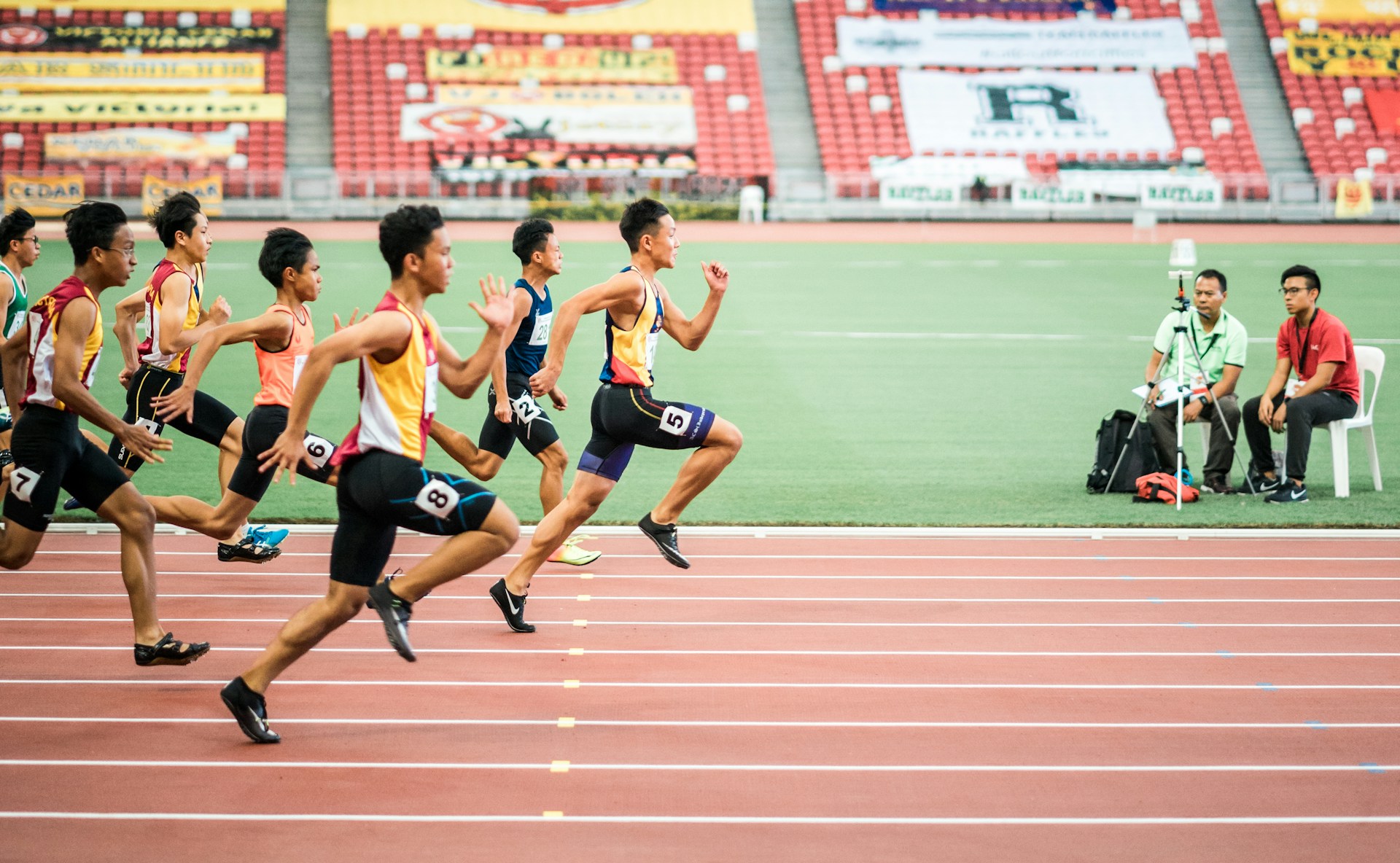Hubungan Perilaku Self-Management Dengan Kadar Gula Darah Pada Pasien Diabetes Mellitus Tipe 2 Di Wilayah Kerja Puskesmas Pucang Sewu, Surabaya
Downloads
Background:Diabetes Mellitus (DM) is one of the four priorities for Non-Contagious Diseases in the world. According to the IDF (International Diabetes Federation), people with Diabetes Mellitus in Indonesia will increase from 9.1 million in 2014 to 14.1 million in 2035. Diabetes Mellitus Type 2 can affect can affect the quality of life from the sufferers and can be at risk of causing complications, these problems can be solved by applying self-management to their disease.
Objectives: The purpose of this research is to describe the self-management behavior which consists of five aspects, that is settings of diet, physical activity/exercise, self/foot care, medication compliance, and monitoring of blood sugar in Type 2 Diabetes Mellitus patients at Pucang Sewu Health Center, Surabaya.
Methods: This research used observational study design using cross sectional approach. The population in this research were outpatients with Type 2 Diabetes Mellitus in Pucang Sewu Health Center, Surabaya. Data collection using random sampling technique and obtained 79 respondents. The research data was obtained using the SDSCA (The Summary of Self-Care Activities) questionnaire developed by the General Service Administration (GSA) Regulatory Information Servive Center (RISC).
Results: The research found that some respondents had a good level of self-management (59.5%). In several aspects such as settings of diet, and medication compliance, most respondents were included in the good category, but in physical activity/ exercise, self/foot care, and monitoring of blood sugar aspect were still in the less category. In addition, most of the respondents had normal blood glucose levels (50.6%).
Conclusion: There is a relationship between self-management behavior with blood glucose levels in patients with Type 2 Diabetes Mellitus in Pucang Sewu Health Center, Surabaya
ABSTRAK
Latar Belakang: Diabetes Mellitus (DM) menjadi satu dari empat prioritas Penyakit Tidak Menular di dunia. Menurut IDF (International Diabetes Federation), peningkatan penyandang DM di Indonesia akan mengalami peningkatan dari 9,1 juta di tahun 2014 menjadi 14,1 juta di tahun 2035. Penyakit DM Tipe 2 dapat mempengaruhi kualitas hidup penderitanya dan dapat beresiko menimbulkan terjadinya komplikasi, masalah tersebut dapat dikendalikan salah satunya dengan menerapkan perilaku self-management terhadap penyakitnya.
Tujuan: Tujuan dari penelitian ini yaitu untuk mengetahui gambaran serta hubungan perilaku self-management (pengaturan pola makan, aktivitas fisik/olahraga, perawatan diri/kaki, kepatuhan konsumsi obat, dan monitoring gula darah) dengan kadar gula darah pada pasien Diabetes Mellitus Tipe 2 di wilayah kerja Puskesmas Pucang Sewu, Surabaya.
Metode: Penelitian ini menggunakan desain studi observasional dengan menggunakan pendekatan cross sectional. Populasi pada penelitian ini adalah pasien rawat jalan yang menderita Diabetes Mellitus Tipe 2 di Puskesmas Pucang Sewu, Surabaya. Pengambilan data menggunakan teknik random sampling dan didapatkan 79 responden. Data penelitian didapatkan dengan menggunakan kuisioner SDSCA (The Summary of Diabates Self-Care Activities) yang telah dikembangkan oleh General Service Administration (GSA) Regulatory Information Servive Center (RISC). Analisis data menggunakan uji statistik chi-square.
Hasil: Hasil penelitian didapatkan bahwa sebagian responden memiliki tingkat self-management baik (59.5%). Beberapa aspek seperti pengaturan pola makan, dan kepatuhan konsumsi obat, sebagian besar responden termasuk dalam kategori baik, namun pada aspek aktivitas fisik/olahraga, perawatan diri/kaki, dan monitoring gula darah masih dalam kategori kurang. Selain itu, sebagian besar responden memiliki kadar gula darah yang terkontrol (50,6%).
Kesimpulan: Terdapat hubungan antara perilaku self-management dengan kadar gula darah pada pasien Diabetes Mellitus Tipe 2 di wilayah kerja Puskesmas Pucang Sewu Surabaya.
Kementerian Kesehatan. Hasil Utama Riskesdas 2018. Hasil Utama Riskesdas Tentang Prevalensi Diabetes Melitus di Indonesia 2018 (2018). doi:1 Desember 2013
Perkeni. Pengelolaan dan Pencegahan Diabetes Melitus Tipe 2 di Indonesia 2015. (2015).
Pusat Data Dan Informasi Kementerian Kesehatan RI. Situasi dan Analisis Diabetes. American Journal of Medical Genetics, Part A 161, (2014).
World Health Organization 2011. World Health Statistics. (2011).
American Diabetes Association. Standards of Medical Care in Diabetes--2009. Diabetes Care 32, S13–S61 (2009).
Funnel, M. M. et al. National Standards for Diabetes Self-Management Education. 31, (2008).
Sugiyama, T., Steers, W. N., Wenger, N. S., Duru, O. K. & Mangione, C. M. Effect of a community-based diabetes self-management empowerment program on mental health-related quality of life: a causal mediation analysis from a randomized controlled trial. BMC Health Serv. Res. 15, 1–9 (2015).
Huang, M., Parker, M. J. & Stubbe, J. Choosing the right metal: Case studies of class I ribonucleotide reductases. J. Biol. Chem. 289, 28104–28111 (2014).
Putri, L. R. Gambaran Self Care Penderita Diabetes Melitus (DM) Di Wilayah Kerja Puskesmas Srondol Semarang. (2017).
Putri, D. S. R., Yudianto, K. & Kurniawan, T. Perilaku Self-Management Pasien Diabetes Melitus (DM). 1, 30 (2013).
Dahlan, M. S. Besar Sampel dan Cara Pengambilan Sampel dalam Penelitian Kedokteran dan Kesehatan. Salemba Medika (2013).
Kamradt, M. et al. Assessing self-management in patients with diabetes mellitus type 2 in Germany: Validation of a German version of the Summary of Diabetes Self-Care Activities measure (SDSCA-G). Health Qual. Life Outcomes 12, 1–10 (2014).
Rachmawati, N. Gambaran Kontrol Dan Kadar Gula Darah Pada Pasien Diabetes Melitus Di Poliklinik Penyakit Dalam RSJ Prof. Dr. Soerojo Magelang. 01, 1–8 (2015).
Jelantik, I. G. M. G. & Haryati, E. Hubungan Faktor Risiko Umur, Jenis Kelamin, Kegemukan dan Hipertensi Dengan Kejadian Diabetes Melitus Tipe II di Wilayah Kerja Puskesmas Mataram. Media Bina Ilmiah39 8, 39–44 (2014).
Irawan, D. Prevalensi Dan Faktor Risiko Kejadian Diabetes Mellitus Tipe 2 Di Daerah Urban Indonesia (Analisa Data Sekunder RISKESDAS 2007). (2010).
Chaidir, R., Wahyuni, A. S. & Furkhani, D. W. Hubungan Self Care Dengan Kualitas Hidup Pasien Diabetes Melitus. J. Endur. 2, 132 (2017).
Kurnianto P, D. Menjaga Kesehatan Di Usia Lanjut. J. Olahraga Prestasi 11, 19–30 (2015).
Ali & Zaidin. Pengantar Keperawatan Keluarga. EGC 1, (2009).
Mulyani, N. S. Hubungan Self Management Pasien Diabetes Mellitus Tipe II Dengan Kadar Gula Darah Di Rumah Sakit Kota Banda Aceh. Politek. Kesehat. Kementeri. Kesehat. Aceh 3, 56–63 (2016).
AMERTA NUTR by Unair is licensed under a Creative Commons Attribution-ShareAlike 4.0 International License.
1. The journal allows the author to hold the copyright of the article without restrictions.
2. The journal allows the author(s) to retain publishing rights without restrictions
3. The legal formal aspect of journal publication accessibility refers to Creative Commons Attribution Share-Alike (CC BY-SA).
4. The Creative Commons Attribution Share-Alike (CC BY-SA) license allows re-distribution and re-use of a licensed work on the conditions that the creator is appropriately credited and that any derivative work is made available under "the same, similar or a compatible license”. Other than the conditions mentioned above, the editorial board is not responsible for copyright violation.












































